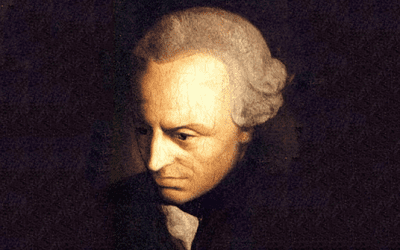In recent years, the urgency of warnings about environmental crisis have escalated. News reports and governments have a tendency to treat ecological concerns as a 21st century preoccupation that, despite the immediacy of its arguments, must be slowly assimilated into our politics and lifestyles. Unease about the potential impact of human activity on the environment, however, is a less recent phenomenon than it often appears.
From the early stages of industrial capitalism, there were those who questioned its voracity and speed, its seemingly insatiable consumption of natural resources. The rapid construction of a new industrialised society, some posited, must inevitably lead the equally precipitous destruction of the physical world on which it was built.

This small book, La Fin du Monde par la Science by French lawyer and scientist Eugène Huzar, is probably one of the first examples of the theory of technological catastrophism at work. It was published during the first Exposition Universelle de Paris; a world’s fair, showcasing the scientific and engineering wonders of the age.
The main symbol of the fair was the recently completed Eiffel Tower, which served as its entrance. Standing in stark contrast to this brash emblem of progress, Huzar’s book was a warning against unregulated industrial development.
Situated as we are in an age that is witnessing the devastating effects of high carbon emissions and mass deforestation, Huzar’s book is uncannily prescient. Over 150 years ago, he drew a connection from the high CO2 emissions created by burning fossil fuels to the continued eradication of the world’s forests, concluding that the trajectory of industrial capitalism in the west would necessarily cause dire ecological consequences. “I do not make war on science or progress”, says Huzar, “but I am the implacable enemy of an ignorant, impressive science, of a progress that is at work blind, without criterium or compass”.
The issue with new scientific technology, he argues, is the gap between technical capabilities and forecasting capabilities. In an attempt to bring some hindsight to his readership, the author uses reminders from history and conjectures on divine appraisals of the situation. Likening scientific advancement allegorically to Adam and Eve eating from the Tree of Knowledge, he points out the recurrent theme of pride which precedes a fall in mythology and history. He ends this work noting: “the past is only the future’s mirror, and: what has been will be”.
HUZAR, Eugène. La Fin du Monde par la Science. 1855. £1750. (Item sold)




